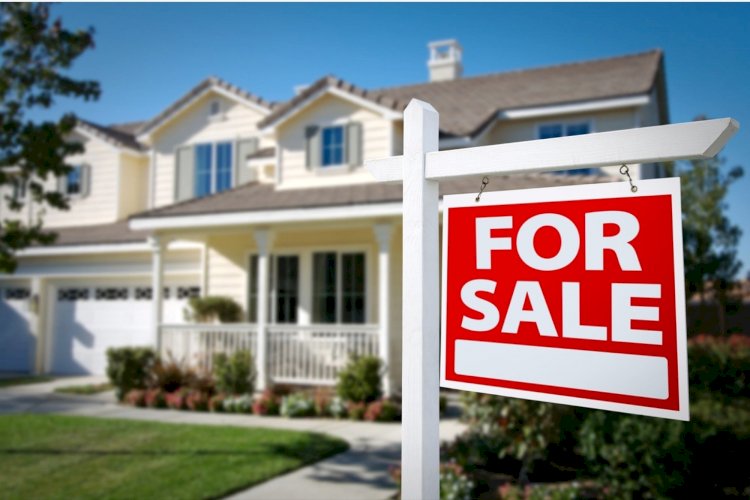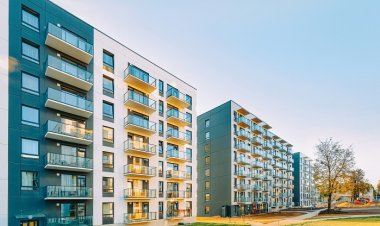Which One is Best For You? Buying versus Renting a House
Are you interested in having your own house and you don’t know whether to buy or rent a house? We have highlighted below some information that may help you clarify which of the two would best work for you right now.

Buying vs. renting a house is a major decision an individual takes in life for its going to be your place of residence. It can be pretty confusing at times to make this decision.
It not only affects the amount of money you spend but also your lifestyle, the amount of savings you will make on a monthly basis.
Here in this article I will show the pros and cons of renting vs. buying a house; from there you can carry out evaluation based on them to make the appropriate choice.
Pros and cons of renting vs. buying
Everything has an advantage and disadvantage but careful weigh of both sides will help you make a choice you won’t regret. Here are the advantages and disadvantages of buying and renting of a house
Advantages of buying a house
1. More creative freedom
Once you purchase a house, as an owner there is freedom to decorate the house and make improvement choices and answer to no one.
You can paint the walls to a color of your heart’s liking, new bathroom fixtures, update the kitchen or even expand or divide any part of the house with full authority.
To change your living environment to suit your whim is fun and this is an advantage that is not available for renters.
2. Sense of belonging and community
House owners plan to live in that area where the house is located for long time when compared to renters. A renter can be staying for a few years or even months then vacate.
House owners are likely to put down roots into the surrounding communities in many ways. They can join Welfare groups of that community or even community businesses.
Renters may be restricted to this since he or she knows they may leave the area of residence after the months of renting or years of renting.
3. It’s a potential for rental income
An owned house can be an investment property to the owner. This will bring in income inform of rent. When rented partially or fully therefore it can partially offset your mortgage, tax, and insurance payments on it.
4. Building equity over time.
Unlike renters house owners build equity over time. Most mortgages, a portion of each monthly payment goes toward the loan’s interest and the remaining amount pays down the principal.
The money you put on the loan’s principal represents the money of equity that is actual ownership of property.
Disadvantages of buying
1. Maintenance responsibility and repairs
Responsibility for house owners on maintenance and repairs for any uninsured house are there. They are likely to vary from a given period to another period.
The expenses on the house repairs will also vary depending on the house you own if its an expensive have the materials for repair are likely to be expensive and if its a cheap house the cost of repair materials is lower.
All the expenses are on the owner of the house therefore it is a disadvantage
2. Financial loss
Though house ownership builds equity over time but it’s not a grantee that it will result on an automatic profit.
If the value of the houses around the area keeps decreasing with time after purchasing a house in that area and remains flat therefore it means on selling the house the owner is at risk of a loss.
Renting does not involve building equity, risk of owning a depreciating asset therefore renting is better at this point.
Advantages of Renting
1. No responsibility for maintenance or repairs
Renters have no responsibility for maintenance of the house. If a toilet backs up, a pipe bursts, or an appliance stops to work you don’t need to call an expensive repair person instead you call the landlord or the caretaker of the house.
2. Relocation is easy
When you rent, relocating is easier, less time-consuming and potentially less costly. Renters who change jobs often rent until their professional lives stabilize.
Although sometimes a sudden move may require a break in rent payment, a partial or full offset can be done by subletting the apartment or negotiating with the landlord.
By contrast, selling a house takes a lot of effort and time. If the deal is to be quick you will have to accept a lower price than the buying price. This is a potential loss.
3. No exposure to real estate market
House values fluctuate due to economic conditions and can decline over time and when you are a renter this is never your problem the problem belongs to your landlord’s.
Disadvantages of renting
1. No equity Building
No matter how long you stay in the rented house you do not build any equity and any penny you pay it is gone forever.
If you plan to stay on that location for a long period of time then buying a house can be a smart financial choice than renting.
2 .Limited control rental costs
Rental costs have a possibility to be increased if you are not living in a municipality where the rents are controlled by the laws. If you have a good relationship with the landlord facing rent increases year to year is likely to occur.
3. Limited housing Security
Evacuation from the rented house by the landlord can be abrupt therefore there is no surety of staying in the house forever. Even if a notice is offered it will be for a short period of time.

































